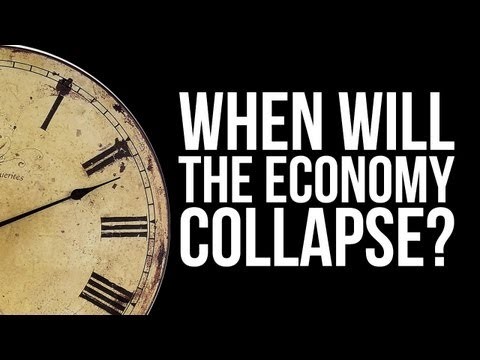Top economists warned during a meeting of the 2016 National Governors Association Winter Meeting on Feb. 20, Saturday, that the United States is likely to face a recession in the near future. Gail Fosler, president of Fosler Group, told the meeting attended by over 30 Governors from across the country that there was 100 percent chance of the country being hit by an economic slump in between now and 2018.
Fosler also urged the Governors of all states in the United States to be organized before the disaster hits the country. She said that the economic cycle as well as an expected financial shock in the ensuing years would lead to the projected recession, Xinhua reported.
Apart from Fosler, other top economists present at the meeting also cautioned about an impending recession. For instance, global economist from the Economist Intelligence Unit, Joseph Lake pointed out that considering the insecurity of the stock market as well as the downhill trend in the manufacturing sector, since long there has been speculations regarding the country' economy entering a recession.
During the panel discussion, Global Energy Markets and U.S. Economics from BP America Inc. general manager, Mark Finley observed that a recession already exists in the energy sector. He said that already there is a drastic fall in spending, investing as well as jobs in the country's energy sector. According to Finley, the repercussions of the energy shock can be felt throughout the nation, primarily owing to the dimension of the U.S. supply chain.
Although Finley acknowledged that the United States continued to be the second-largest net importer of oil globally, he argued despite the falling oil prices consumers are not spending anything extra and this is a real concern for the country's economy.
However, both Lake and Bank of America Merrill Lynch managing director Ethan Harris said that they don't believe that the chances of an economic recession are 100 percent and people need to get worried right now, things may change in future. While Lake pointed out that the possibilities of the U.S. entering an economic recession in the next four years is about 50 percent, Harris opined that currently the preconditions of a recession do not exist.
Two prevailing aspects of the U.S. economy, falling share prices and higher credit spreads, suggest that the chances of a recession are quite high, according to Wall Street Journal. According to the publication, falling share prices may lead to a recession, slamming corporate earnings. At the same time, higher credit rate, offering additional yields by corporate bonds than the government bonds, also suggest a higher possibility of a recession as well as increasing defaults by companies.
At the same time, the report pointed out that it is really unfortunate that economists have an awful reputation of predicting recessions. Right now, they seem to be confident regarding the risk of a U.S. recession. This has actually opened up a wide gap between what the economists believe, and the investors' view point.
Meanwhile, the U.S. economic growth settled at 0.7 percent during the last quarter of 2015, a sharp decline from a vigorous 2 percent growth in the third quarter. The slowdown is being attributed to a stronger dollar, unenthusiastic spending by consumers and the unstable global economic position.
Watch political commentator Glenn Beck explaining "US economy will collapse and become 3rd world country!" below:



























